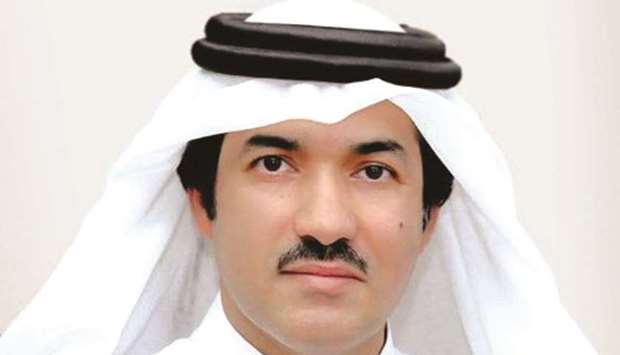Qatar Free Zones welcomes new “economy businesses” to set up very fast and enjoy brand new infrastructure, tailor-made solutions, and the opportunity to partner with top Qatari companies such as Qatar Airways and Qatar Petroleum and support 2022 legacy projects, says its chairman HE Ahmad al-Sayed.
“We have a tried-and-tested a system that has proven its worth during the pandemic. However, there is still much more to be done by all of us,” al-Sayed, also Minister of State, said while opening an earlier ‘Digital Roundtable’ organised by The Business Year and co-hosted by Qatar Free Zones Authority (QFZA).
He said the panel of experts has been convened because the pandemic has exposed fundamental weaknesses in the world’s global supply chains.
“And the purpose of this roundtable is to draw on the knowledge of our panellists and the expertise of their institutions to re-think how we design and operate the world’s global supply chains — our ultimate aim is to make them robust enough to withstand the shocks caused by the pandemic.
“As we all begin to move out of the immediate crisis caused by the pandemic, governments and companies are now faced with great uncertainty about what the future holds. At the heart of this uncertainty is what should be done to protect against any future disruptions, whilst being able to maintain effective and profitable operations.”
He said the logistics industry, in particular, has suffered extensively due to disruptions in the global supply chains, which were evident in the operations of factories and suppliers across the world.
Furthermore, the effects of the pandemic have added new stresses to a supply chain system suffering under the rising tide of economic nationalism and protectionism as noted by our colleagues from UNCTAD in their recent FDI report.
Add to this, the disruptive technologies of the ‘New Industrial Revolution’ like automated distribution and manufacturing hubs, or the digitalisation of supply chains.
“We can see that the world is now rapidly accelerating towards a decade of unparalleled change in how global supply chains create and add value. We therefore must accept the added complication of building resilience into supply chains while maintaining operational efficiency for our customers.”
Al-Sayed noted “cost-efficiency can no longer be the only guiding principle” of supply chains, and the world must now ensure that supply chains not only deliver value for money, but have resilience built in so they are resistant to future disruptions so the global economy can keep moving.
“Qatar and our free zones have a headstart on dealing with these problems due to the past experiences, which have given us and the companies that chose to call QFZ their home, a great advantage as we have already diversified our supply chains to make sure the world and Qatar remained connected,” al-Sayed stated.
Business / Business
Qatar Free Zones welcomes new ‘economy businesses’ with fast setup, new infrastructure

HE the Minister of State and QFZA chairman Ahmad al-Sayed.

